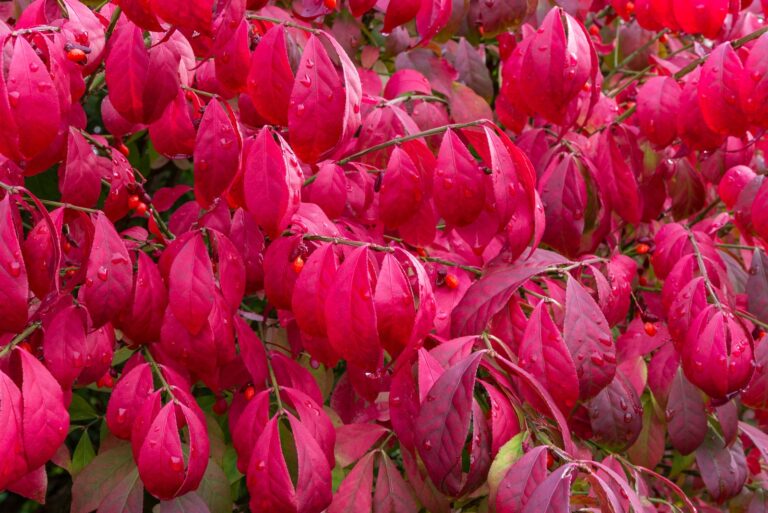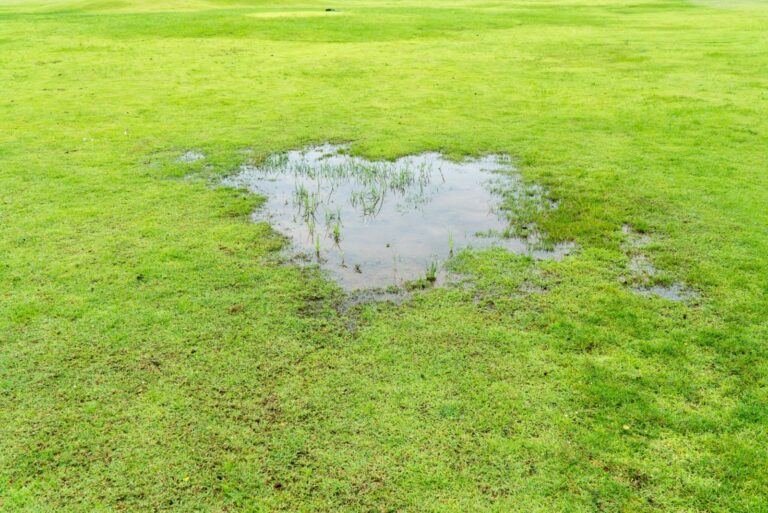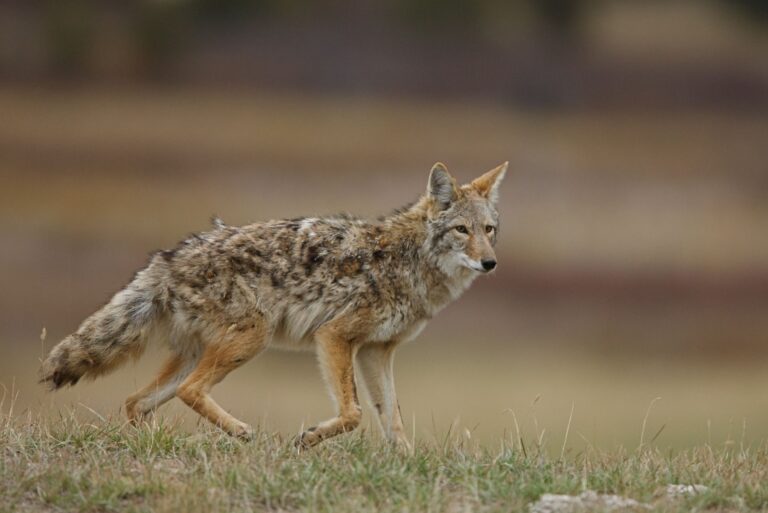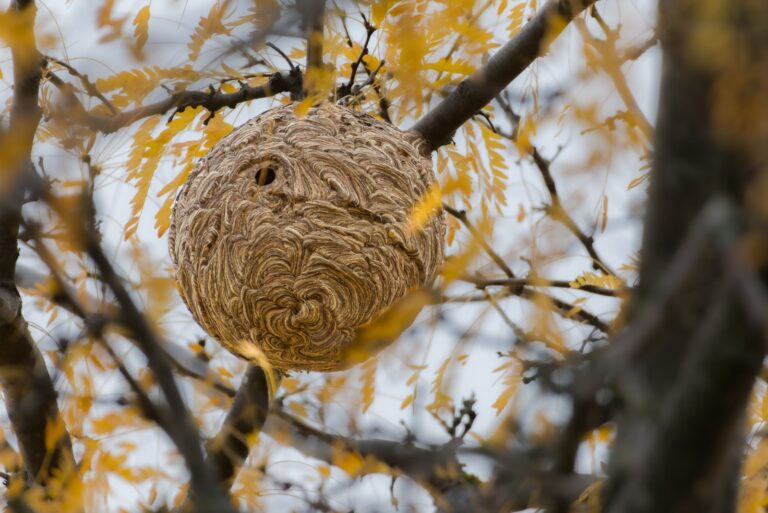13 Crops You Can’t Legally Grow In Your Michigan Yard
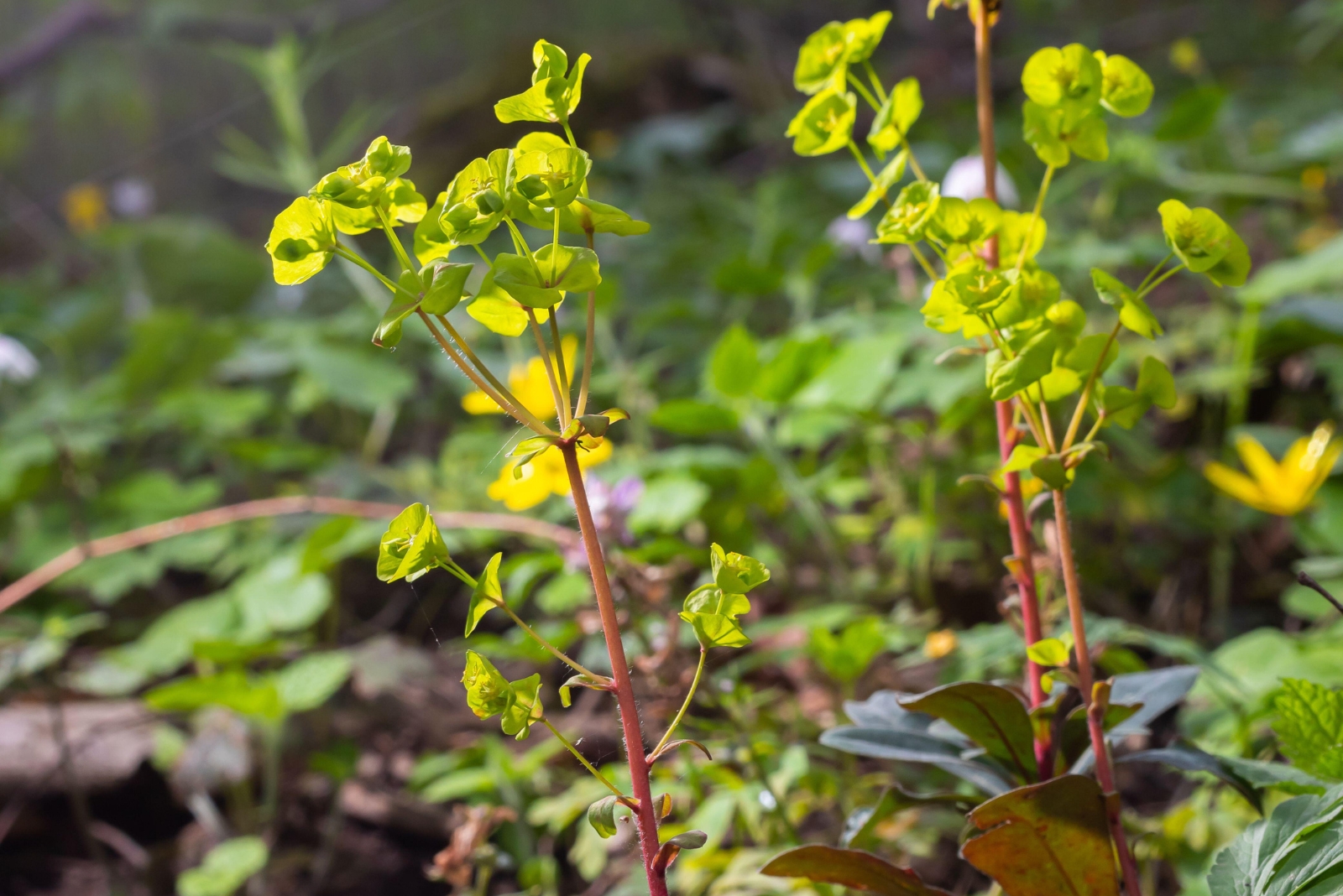
Growing your own food sounds like a great idea, right? Fresh vegetables, herbs, and fruits straight from your backyard can save money and taste amazing. But before you start planting, you need to know that Michigan has some surprising rules about what you can and cannot grow in your yard.
Some plants might seem harmless, but they are actually illegal to cultivate because they can harm the environment, spread diseases, or even be dangerous.
1. Cannabis Without A License
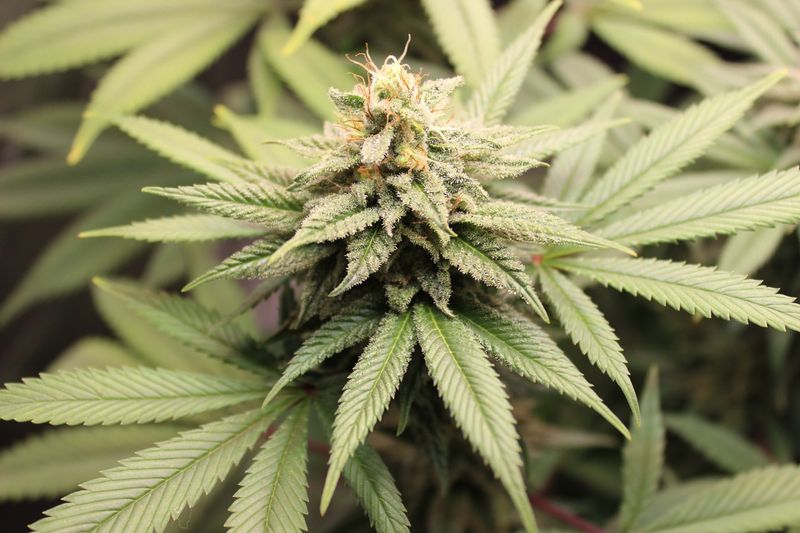
Michigan law allows adults to grow cannabis, but only under strict conditions. You can have up to 12 plants per household, but they must be kept in a locked, secure area away from public view.
Growing more than the legal limit or failing to secure your plants properly can result in serious fines and even criminal charges. Law enforcement takes these regulations very seriously.
Always check local ordinances too, since some cities and townships have additional restrictions that might affect your ability to grow cannabis at home.
2. Opium Poppies
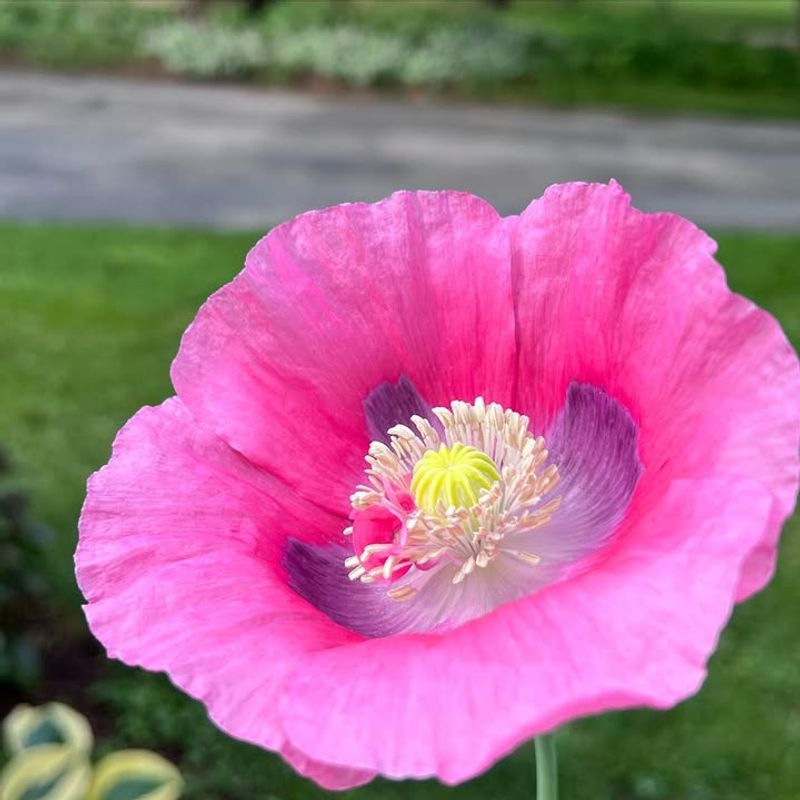
Opium poppies produce beautiful flowers, but federal law prohibits growing them because they contain narcotic substances. Even though ornamental poppies look similar, the Papaver somniferum species is specifically banned.
Many gardeners accidentally plant these without realizing the legal consequences. Possession of these plants can lead to federal drug charges, regardless of your intentions.
If you love poppies, stick to legal varieties like California poppies or Iceland poppies. They offer stunning colors without any legal risks or complications for your garden.
3. Coca Plants
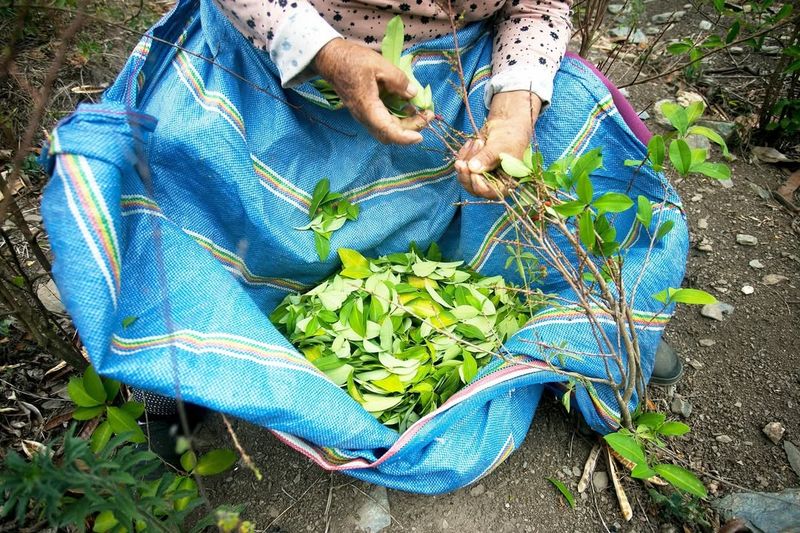
Coca plants are the source of cocaine, making them illegal to grow anywhere in the United States, including Michigan. Federal law classifies them as controlled substances with severe penalties for cultivation.
Even growing a single plant for ornamental or educational purposes violates the law. Law enforcement agencies monitor sales of these plants, and possession can result in felony charges.
Some people mistakenly believe small-scale growing is acceptable, but there are no exceptions. Avoid any temptation to grow coca plants, as the legal consequences far outweigh any potential benefits.
4. Japanese Knotweed
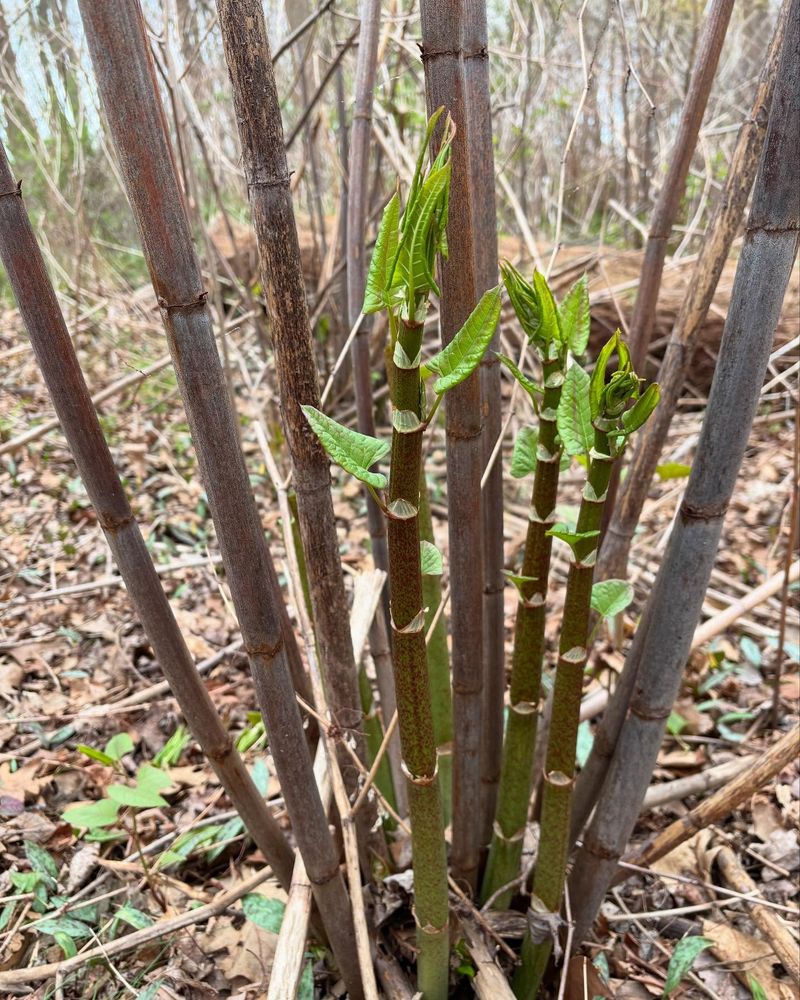
Japanese knotweed might look harmless, but it is one of the most invasive plants in North America. Michigan classifies it as a restricted species because it spreads aggressively and damages foundations, sidewalks, and natural habitats.
Once established, knotweed is nearly impossible to remove without professional help. Its roots can grow through concrete and asphalt, causing thousands of dollars in property damage.
Planting or allowing it to spread on your property can result in hefty fines. Always remove any knotweed immediately if you spot it growing.
5. Giant Hogweed
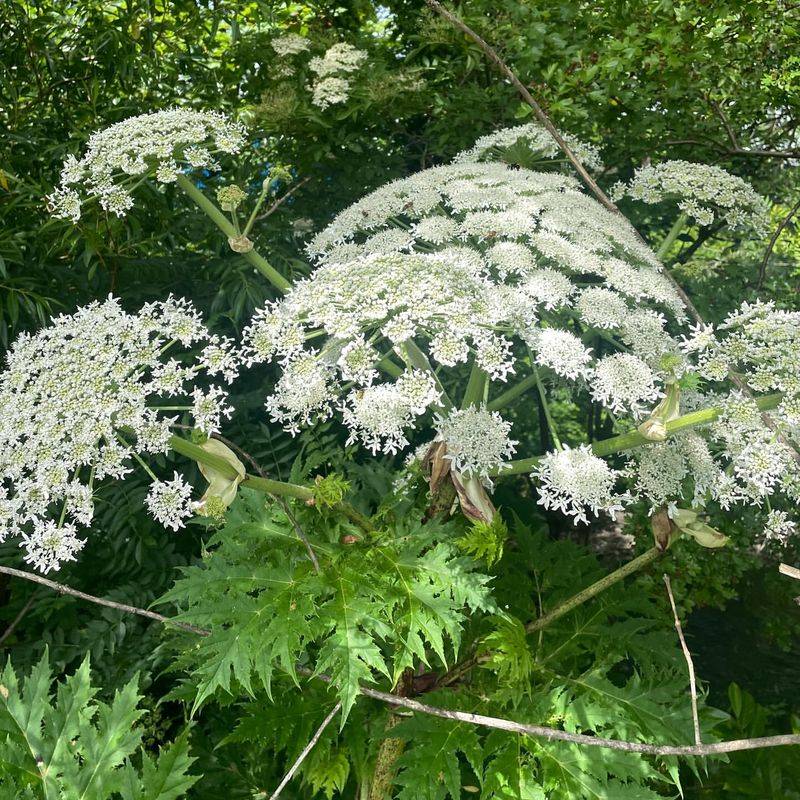
Giant hogweed is not just illegal—it is downright dangerous. This invasive plant contains toxic sap that causes severe skin burns and blistering when exposed to sunlight.
Michigan law prohibits planting or cultivating giant hogweed because it spreads rapidly and poses serious health risks. Children and pets are especially vulnerable to accidental contact with this hazardous plant.
If you find giant hogweed on your property, contact local authorities immediately. Never attempt to remove it yourself without proper protective equipment, as even touching it can cause painful injuries lasting weeks.
6. Autumn Olive
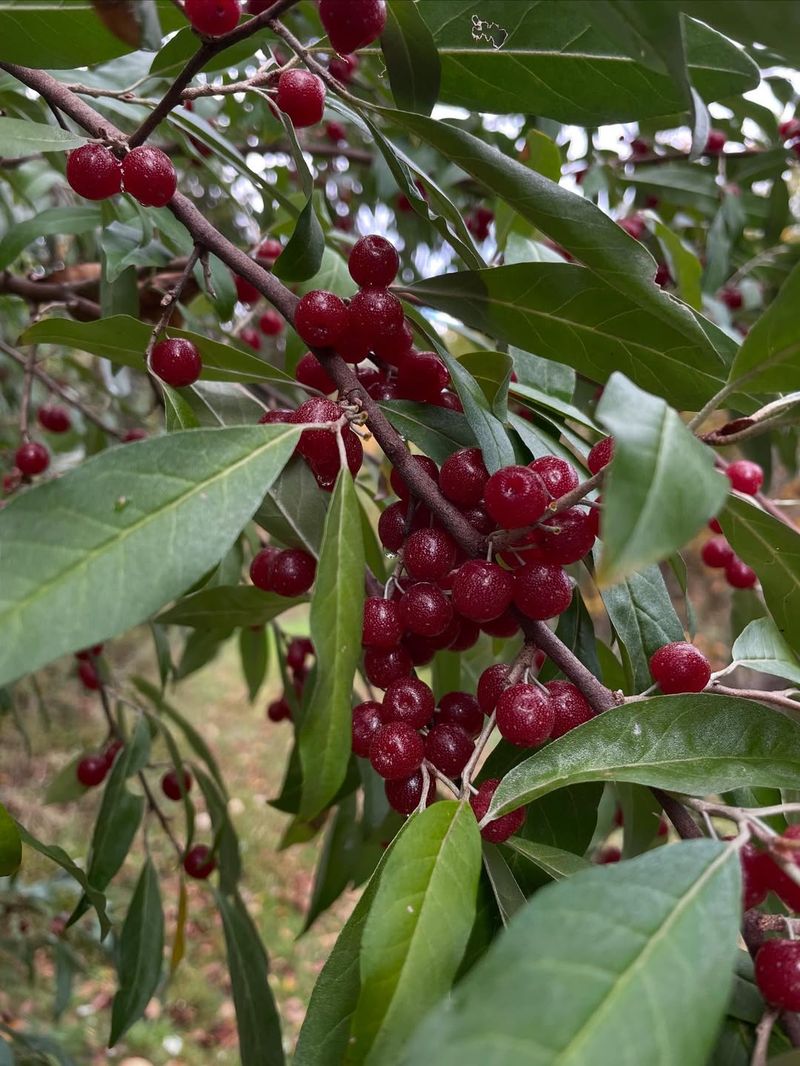
Autumn olive was once planted for wildlife habitat, but it quickly became a nightmare. This aggressive shrub crowds out native plants and disrupts Michigan’s natural ecosystems.
The plant produces thousands of seeds that birds spread everywhere, making it incredibly difficult to control. Michigan considers it an invasive species, and planting it is prohibited.
Landowners are encouraged to remove existing autumn olive plants to protect native vegetation. While the berries seem appealing, the environmental damage this plant causes makes it a poor choice for any garden.
7. Purple Loosestrife
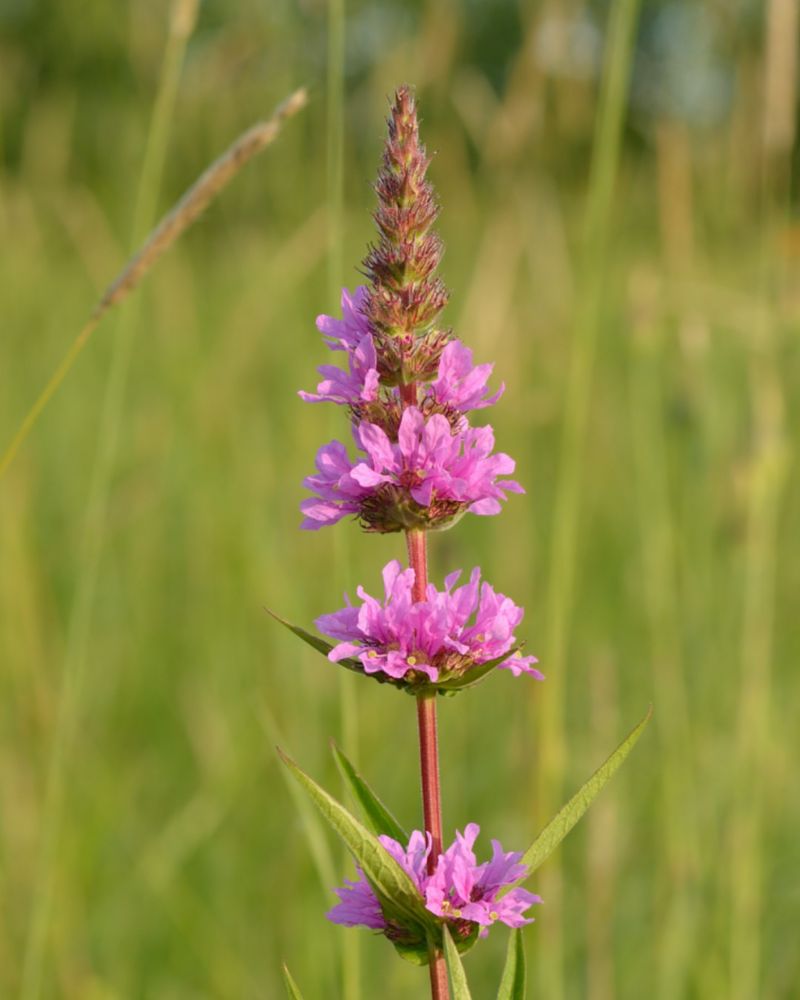
Purple loosestrife produces gorgeous purple blooms, but beauty comes at a terrible cost. This wetland invader chokes out native plants that waterfowl and other wildlife depend on for food and shelter.
A single plant can produce millions of seeds annually, spreading rapidly through Michigan’s marshes and waterways. State law prohibits planting, selling, or transporting purple loosestrife.
If you want purple flowers in your garden, choose native alternatives like blazing star or ironweed. They provide similar beauty while supporting local ecosystems instead of destroying them.
8. Multiflora Rose
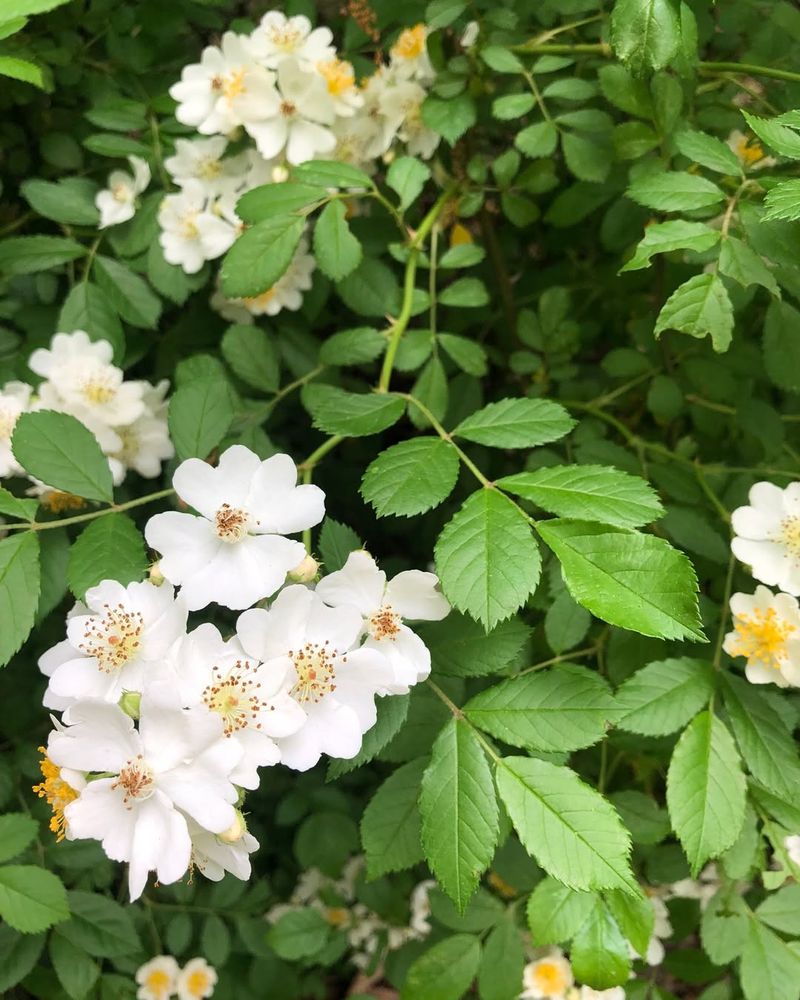
Multiflora rose was introduced for erosion control and livestock fencing, but it turned into an ecological disaster. Dense thickets of this thorny shrub take over fields and forests, preventing native plants from growing.
Michigan prohibits planting multiflora rose because it spreads so aggressively. Birds eat the berries and deposit seeds across wide areas, creating impenetrable barriers of thorns.
Removing established plants requires persistent effort over several years. Choose native roses like Virginia rose instead, which provide beauty without the invasive tendencies that damage natural habitats.
9. Common Buckthorn
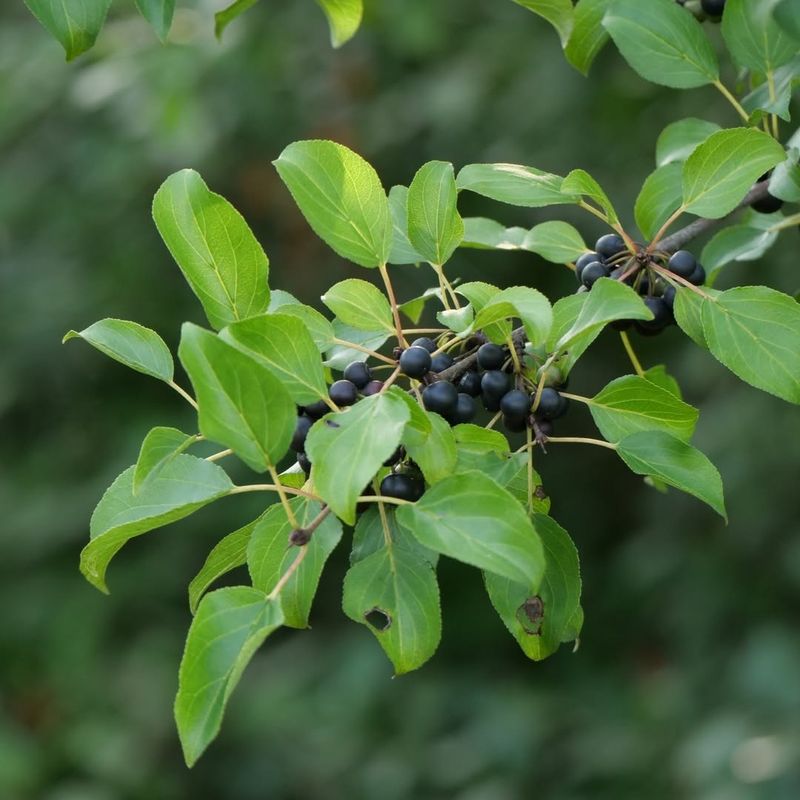
Common buckthorn might seem like just another shrub, but it is a serious threat to Michigan forests. This invasive plant shades out native wildflowers and tree seedlings, changing forest composition dramatically.
Birds spread buckthorn seeds throughout natural areas, where the plants form dense stands that nothing else can penetrate. Michigan law restricts planting and selling this species.
Property owners should remove buckthorn to protect native ecosystems. Native alternatives like serviceberry or nannyberry provide similar structure while supporting local wildlife and maintaining healthy, diverse plant communities.
10. Leafy Spurge
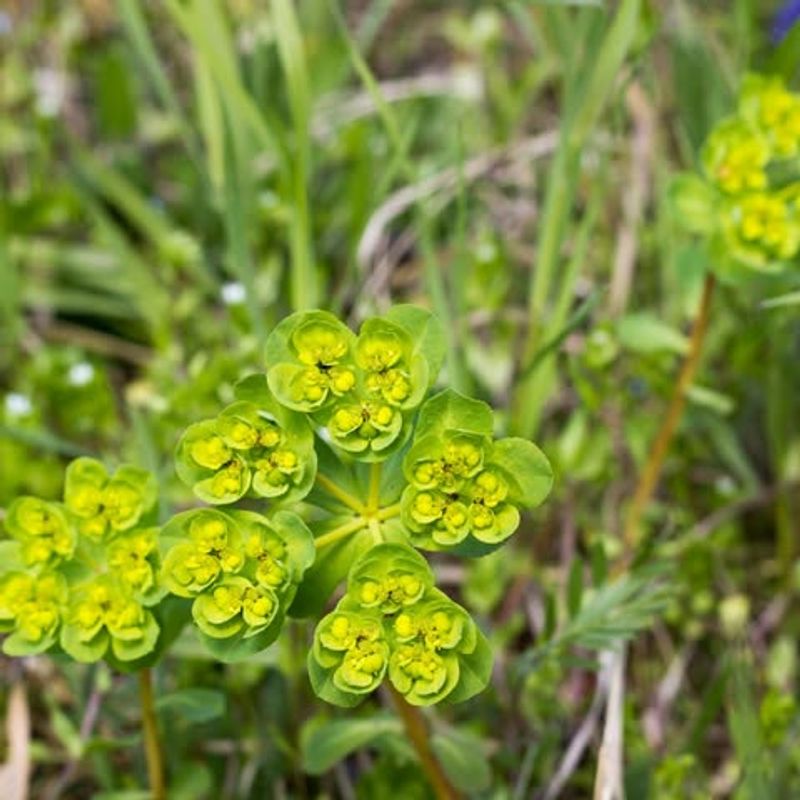
Leafy spurge contains milky sap that irritates skin and sickens livestock, making it both a health hazard and an agricultural nightmare. This deep-rooted perennial spreads rapidly through seeds and underground roots.
Michigan classifies leafy spurge as a noxious weed, and landowners are required to control it. Letting it spread can result in fines and damage relationships with neighboring property owners.
Professional control methods often include herbicides and biological controls. Never plant leafy spurge intentionally, and report infestations to your local conservation district for assistance with proper removal techniques.
11. Wild Parsnip
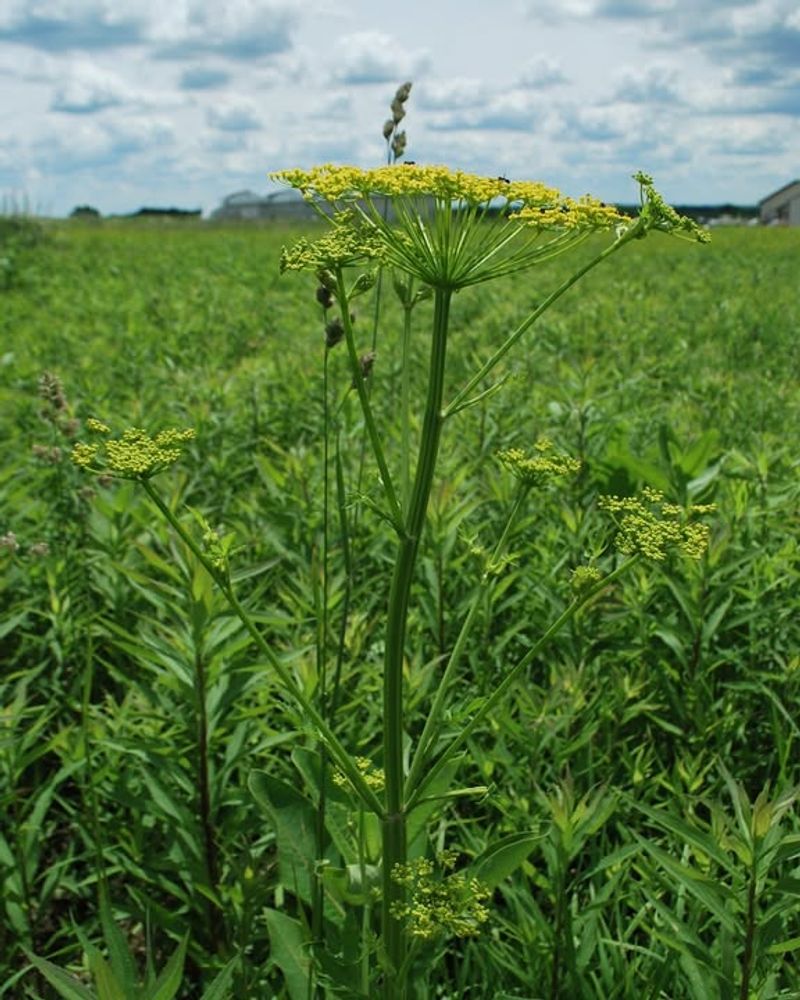
Wild parsnip causes painful chemical burns similar to giant hogweed, making it a serious public health concern. The sap contains compounds that cause severe blistering when skin is exposed to sunlight.
Michigan considers wild parsnip a noxious weed because it spreads along roadsides and into natural areas. Children playing outdoors are particularly at risk from accidental contact.
If you spot wild parsnip on your property, wear protective clothing and gloves during removal. Better yet, contact professionals who have proper equipment and experience handling this dangerous plant safely.
12. Garlic Mustard
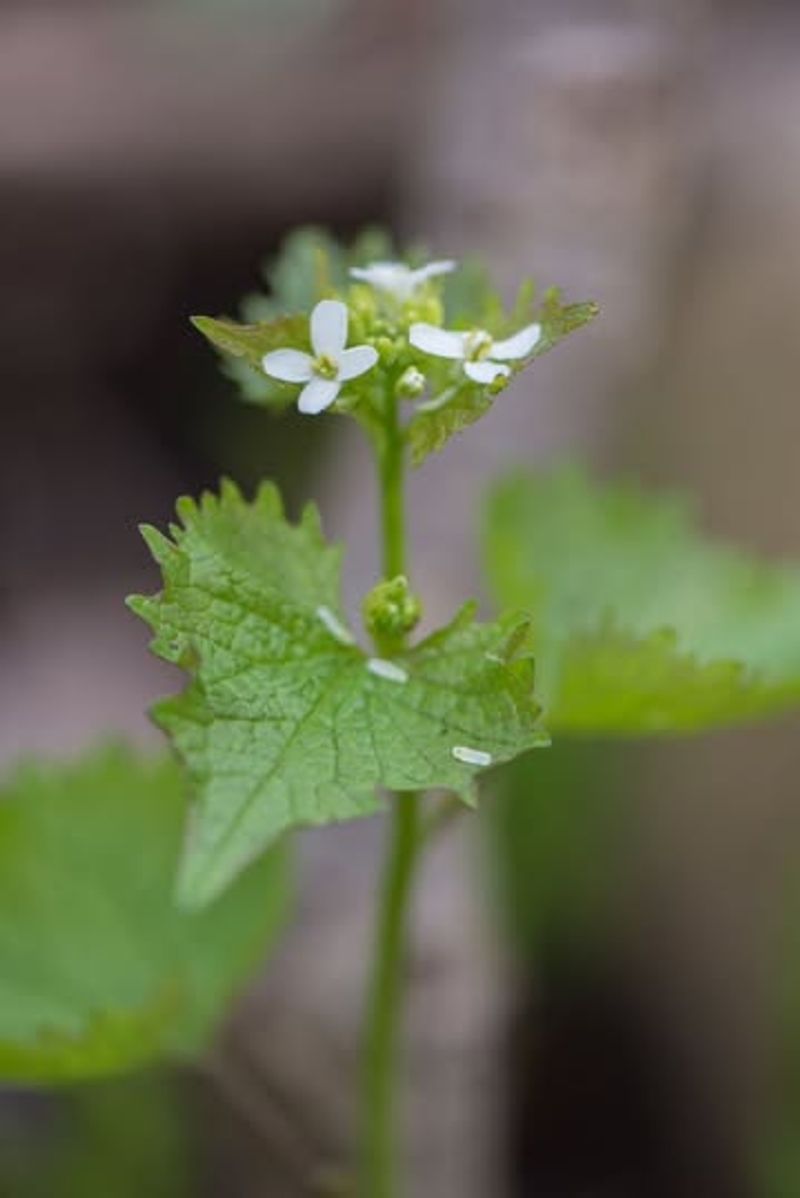
Garlic mustard smells like garlic when crushed, but it is anything but pleasant for Michigan forests. This biennial invader produces chemicals that prevent other plants from growing, disrupting entire ecosystems.
A single plant can produce thousands of seeds that remain viable for years in the soil. Michigan encourages removal of garlic mustard to protect native woodland wildflowers.
While not technically illegal to grow, allowing it to spread from your property can cause problems. Pull plants before they flower, and dispose of them in trash bags to prevent further contamination.
13. Poison Hemlock
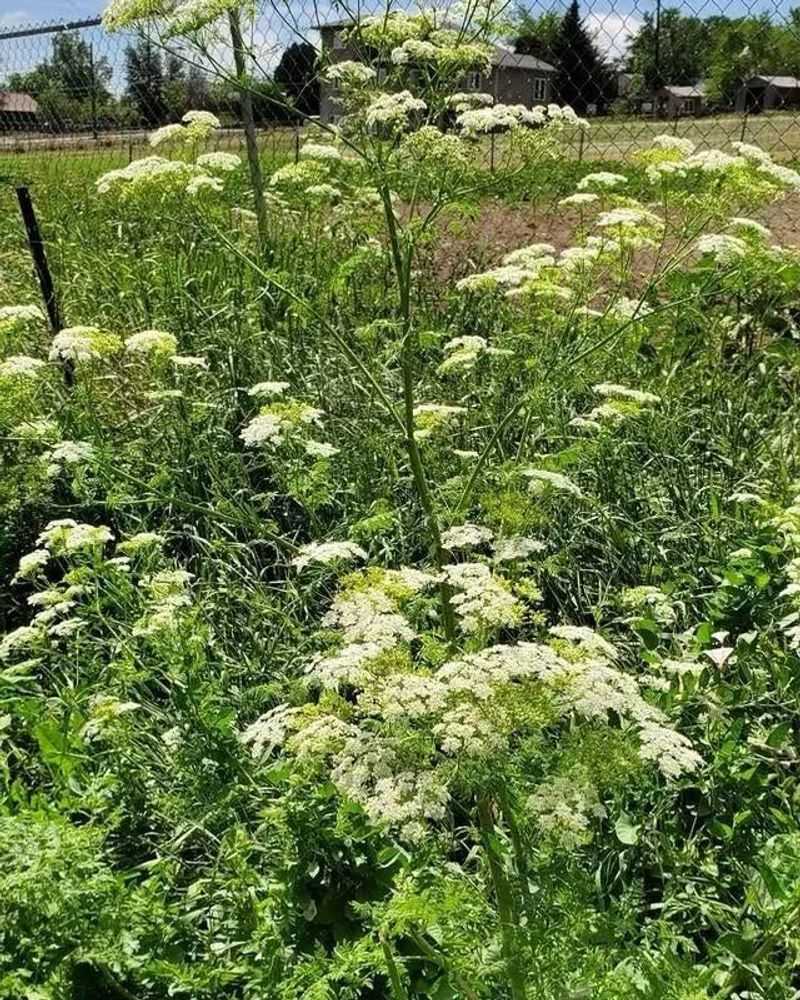
Poison hemlock is extremely toxic to humans and animals, making it one of the most dangerous plants you could encounter. Every part of this plant contains deadly alkaloids that cause respiratory failure.
Michigan law does not specifically prohibit poison hemlock, but allowing it to grow where children or livestock can access it creates serious liability. Accidental poisonings occur when people mistake it for edible plants.
If you find poison hemlock on your property, remove it immediately while wearing gloves. Never burn it, as inhaling smoke from poison hemlock can cause severe illness or death.

